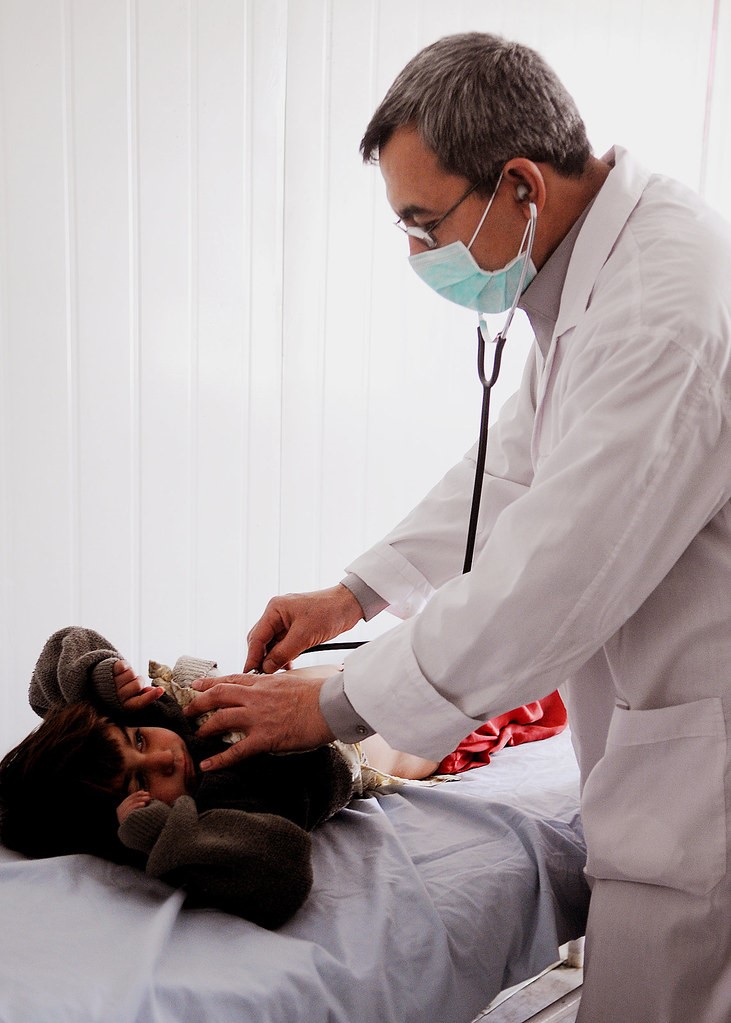Reparation and Repetition

I recently spoke with a charming pediatric oncology resident whom I will call John. He contacted me after watching the webinar that I presented for the 2020 Twinless Twins Support Group International virtual conference. He explained that he had a twin brother who died of leukemia at age ten. He thanked me for asking about his twin, whom I will call Jake. John mentioned that he rarely got an opportunity to speak about Jake anymore and wished he had more outlets to do so. Tears welled up in his eyes and rolled down his cheeks as he recalled the painful procedures and treatments that Jake endured during his short lifetime. John and Jake were the only children in the family; John, along with his parents, devotedly watched over and cared for Jake. John told me that he often played the guitar and sang to Jake when his brother was incapacitated by medical interventions.
John shared that Jake inspired his decision to pursue a career in medicine. After Jake died, John coped with his loss by devoting himself to his studies. He focused on doing well in school and eventually decided to become a doctor. He never forgot how angry and disappointed he felt about how several physicians emotionally mistreated his brother. John explained that Jake and the rest of his family were demoralized by the lack of empathy and understanding extended to them. He remembered feeling that Jake was treated as a medical experiment rather than a child suffering from an incurable disease.
During his internship, John was triggered into remembering those old feelings while doing rounds with his medical superiors. Their insensitivity to hospitalized patients’ emotions seemed appalling. He recalled standing around a patient’s bed with the other doctors and being flooded with memories about the inhumane treatment that Jake endured. He vowed that he would not become an insensitive physician that treated patients like specimens.
John’s motivation to provide the kind of care he wishes Jake had received is noble and courageous. However, individuals who find themselves in these circumstances must be constantly aware of their motivations and emotions. While John’s desire to make reparations is understandable, he must also manage his past trauma so he can maintain his professional standing and embody emotional integrity.
Image courtesy of ResoluteSupportMedia (CC BY 2.0)

